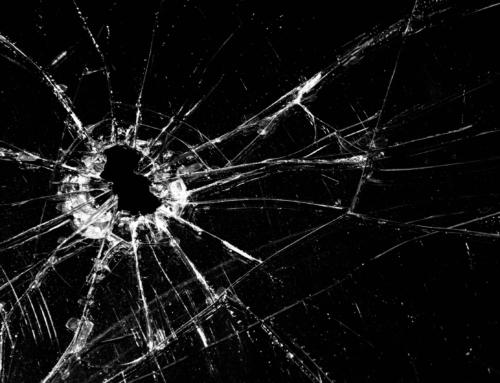Our accumulated life-to-date experiences cause us to believe in and rely on the abilities we think got us here. “It worked last time; I’ll try it again.” It’s not hard to imagine that we could use these abilities to the point of being entrenched in their familiarity.
There’s a problem. Repeating what has worked has gotten us where we are; however, it makes it very difficult to do something else. Repetition of a skill, an experience, or a process reinforces it. We unconsciously teach and remind ourselves, “This is the best way.” In this fashion, pathways become ruts and then become trenches.
“There’s a simple, but oft-neglected lesson here: to sustain success, you have to be willing to abandon things that are no longer successful.” ― Gary Hamel, What Matters Now
Perspective changes everything. Something happens: a child is born, your best friend has cancer, you barely survive a deadly car accident, your spouse leaves you, or you come into a lot of money (lottery, anyone?). Whatever the case, your life will never be the same. You will never be the same either. These life-altering events have something in common: they affect the way you see the world.The way you see things has changed and your behaviors will adapt to those insights. In that way, perspective translates to action.
What about those “old” skills of ours? We can use them to new purposes. Do we always need a new skill to be successful? No, sometimes we just need a new perspective. Skills are tools in our toolkit that we can pick up and use or put down. Perspectives – our ways of seeing – become part of who we are. They are not easily set aside. When you see differently, you respond differently. You engage your world differently. You learn differently. You make new uses for old skills.
With apologies to Zig Ziglar, “If you think the way you’ve always thought, you’ll act the way you’ve always acted. If you act the way you’ve always acted, you get what you’ve always had – or less.”
The world is smaller, more connected, more competitive, more self-absorbed, more dangerous, more full of opportunity, and more informed than at any point in history. Perhaps it’s time to be more intentional about developing new perspectives. Below are three exercises. Pick one and try it. Think about your responses. Write them down (helps you clarify and remember). Try another if you like. Hopefully these will give you a sense of seeing things differently, even if for a brief time.
- If you knew you were going to die in six months what would you do in the interim? Think about it; write down your thoughts.
- Write a long letter to either or both of your parents. In it tell them about all the things they gave you that help you succeed in life. After writing the letter(s) you can decide whether or not to mail it.
- Spend an afternoon with someone under the age of 10. Try and see the world from that child’s point of view. Afterward try to explain the differences between your point of view and the child’s to someone else.
Source: Geoffrey Bellman
In Other Words…
“In all affairs it’s a healthy thing now and then to hang a question mark on the things you have long taken for granted.” ― Bertrand Russell
“We can complain because rose bushes have thorns, or rejoice because thorn bushes have roses.” ― Abraham Lincoln
“Most misunderstandings in the world could be avoided if people would simply take the time to ask, “What else could this mean?” ― Shannon L. Alder
“It suddenly struck me that that tiny pea, pretty and blue, was the Earth. I put up my thumb and shut one eye, and my thumb blotted out the planet Earth. I didn’t feel like a giant. I felt very, very small.” ― Neil Armstrong
In The Word…
“Does not wisdom call? Does not understanding raise her voice?” – Proverbs 8:1






